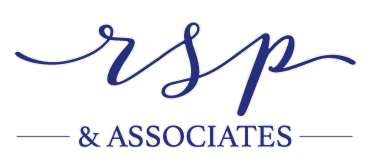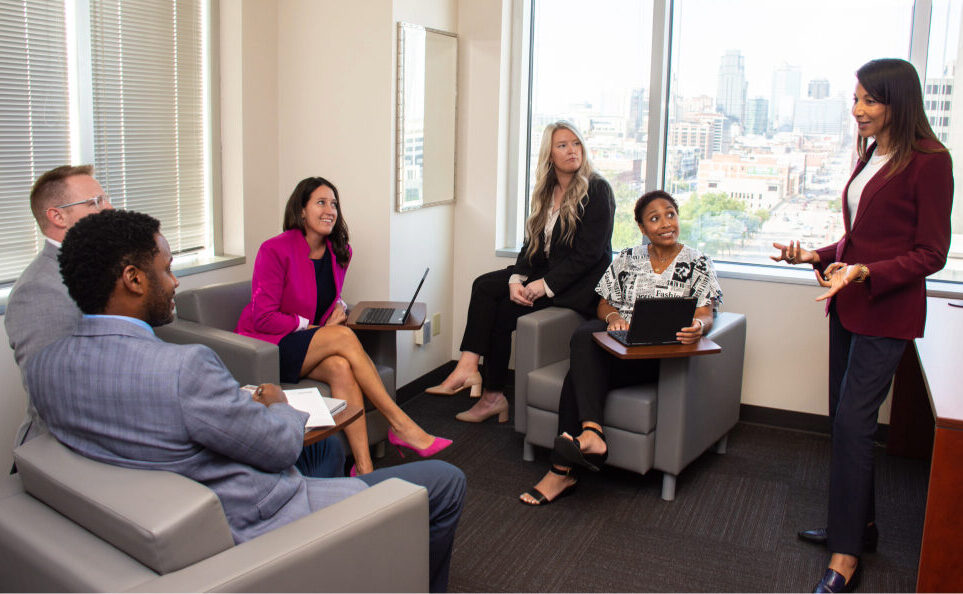
Writer and diarist, Anais Nin observed: “We don’t see the world as it is, we see it as we are.” All of us, no matter the efforts we invest to expand our horizons, are limited by our own experiences. As we climb our organizations’ career ladders it can be even more difficult to gather critical feedback and perspectives from our teams, especially when our colleagues often tell us what we want to hear, not what we need. So how do we gather the feedback we need to expand our viewpoints? We need to ask.
But getting (and giving) feedback can be fraught. As someone who has been a CEO of multiple organizations, giving and receiving feedback is an essential part of my daily work. Here are three guidelines that help shape effective strategies for getting the insights we need to be successful.
1) Get curious. Let’s be honest, when receiving feedback our defences can quickly pop up and we become dismissive: people don’t understand the context or misunderstand what is going on. Those are the moments we need to switch into curiosity mode: Tell me more. What did that feel like? Have you noticed other times this has happened? How is this affecting your work? Too often when giving feedback we focus on the what but not the why. I am actually less interested in the action I did that was troublesome; I want to understand why. That is how behavior change happens.
2) Be specific. Instead of asking general questions – How am I doing? – create “question containers” that help our colleagues understand exactly what we are looking for. Invitations such as, “I’m working on being a better communicator. At tomorrow’s team meeting can you identify one moment where I share new information in a way that is really effective for you and also a moment where I miss the mark?” ground your colleague in both the why – I want to be a better communicator – and the how – observe me and give me feedback. This is true for giving feedback as well. The clearer the examples and connecting it to the team’s goals makes it both less personal and more meaningful.
3) Be kind but not nice. Many of us work within cultures where communication is indirect and circumventing, often due to a misplaced worry about hurting people’s feelings. It is absolutely critical to create cultures where feedback is routine and engaging. Model asking for and offering feedback. I use what I call the something-stuck-in-my-teeth test: just as I would want someone to let me know I needed to clean my teeth, if it were me, would I want to know that something isn’t working? Accountability is another form of love.
Inquiry works both ways. As we move through our work, understand that we actually know very little of the lives that our colleagues are living and that their experiences shape ours. The difficult colleague may be a horrible person; she may also be splitting time between three young children and a mother with dementia. The absent-minded assistant may not be right for her role; she also may be adjusting her medications or struggling with housing insecurity. The point is we don’t know and we will never know until we get curious. When we offer and receive feedback in the spirit of learning we not only raise our individual and shared performance; we also create genuine moments of connection.



